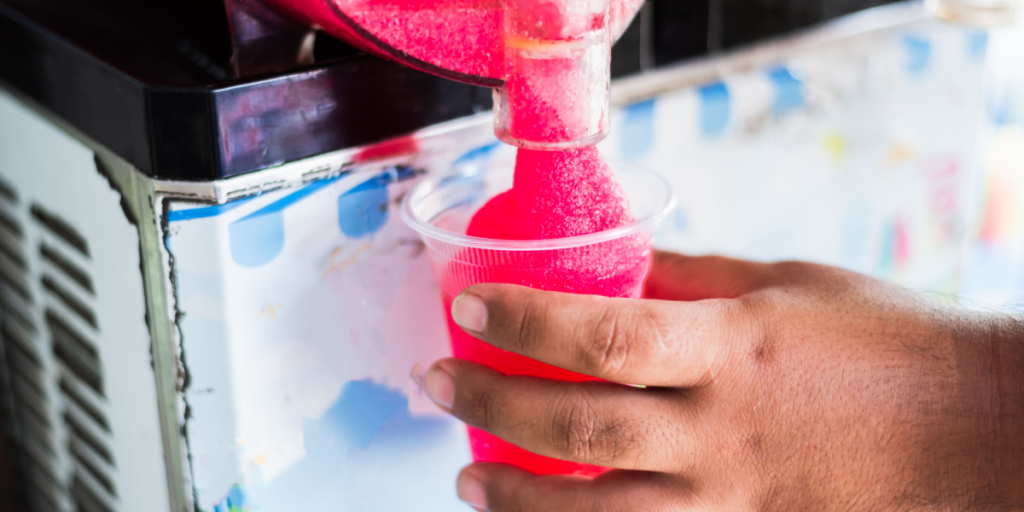Additionally, children under ten should only drink one small serving per day.
Others are reading now
Additionally, children under ten should only drink one small serving per day.
What is happening?
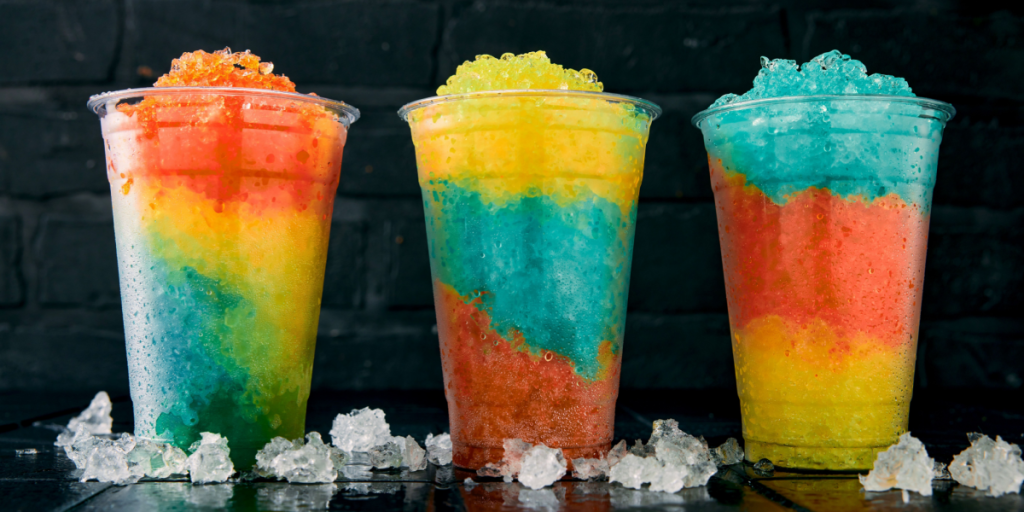
As summer kicks in and frozen drinks surge in popularity, the UK’s Food Standards Agency (FSA) has issued a new warning:
Children under seven should not consume slushies that contain glycerol.
What Is Glycerol, and Why Is It in Slushies?
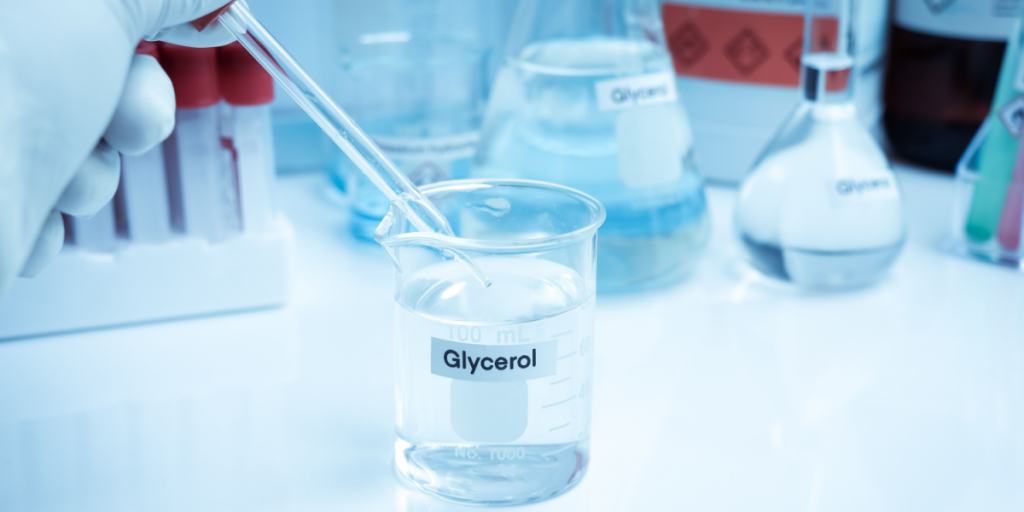
Glycerol is a naturally occurring alcohol that also acts as a sugar substitute. In slushies, it prevents the mixture from freezing solid, helping maintain that semi-frozen, drinkable texture.
While safe in small quantities for most adults, it’s proven potentially harmful for young children.
Also read
Glycerol Intoxication: A Serious Health Risk
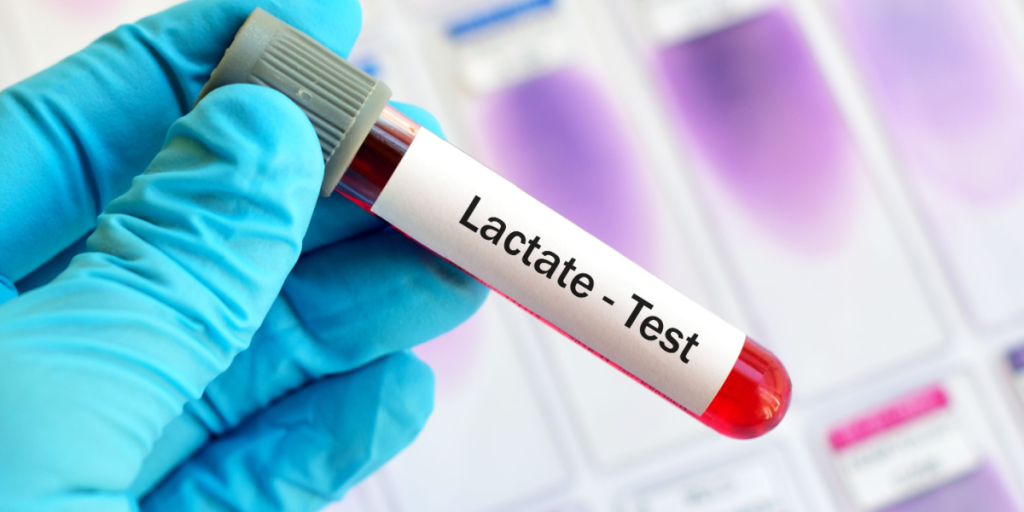
When consumed in large amounts, glycerol can cause a condition known as glycerol intoxication syndrome.
Symptoms include confusion, reduced consciousness, dangerously low blood sugar, lactic acidosis (excess lactic acid in the body), and hypokalaemia—an unhealthy drop in potassium levels.
Revised Guidelines Ahead of the Summer Surge
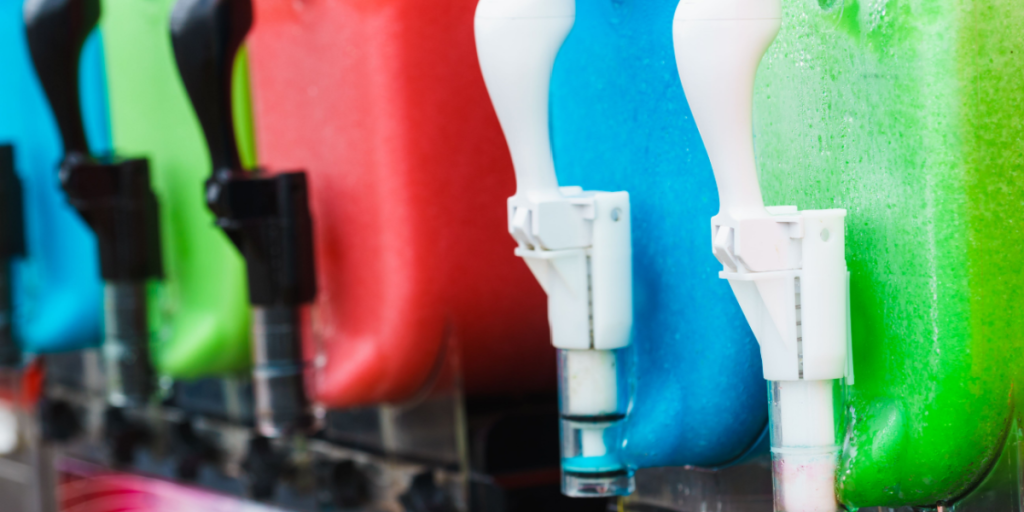
Previously, the FSA advised that children under four should avoid glycerol-laced slushies altogether, and those aged five to ten should limit consumption to one per day.
Now that age limit has been raised: no slushies for kids under seven, and only one small serving for those up to ten.
The Hidden Risks in Pouches and Home Kits
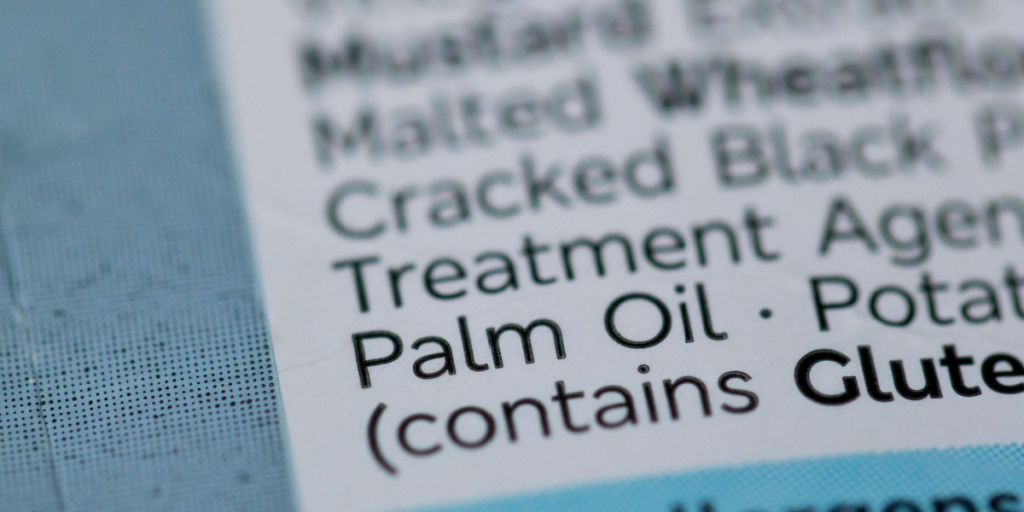
The FSA’s warning also covers ready-to-drink slushies sold in pouches, as well as DIY slush kits that use glycerol-based concentrates.
Also read
Parents are urged to check labels before handing them to kids.
Nine Confirmed Cases—and Likely More
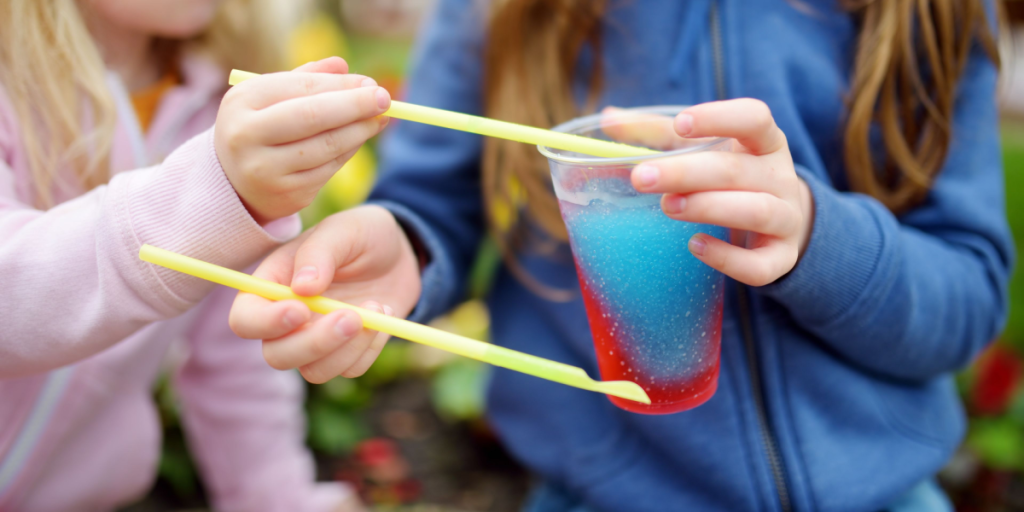
Over the past three years, nine UK children have been hospitalised due to confirmed cases of glycerol intoxication from slushie drinks.
Experts believe the actual number could be higher, given the mildness of some symptoms and the likelihood of misdiagnosis.
New Medical Review Sparks Stricter Measures

The updated guidance follows a recent review of 21 cases where children became acutely unwell after consuming slushies.
In March, paediatricians called for an upper age limit of eight, setting the stage for this latest FSA directive to widen the scope of protection.
Also read
What Parents Need to Know Right Now
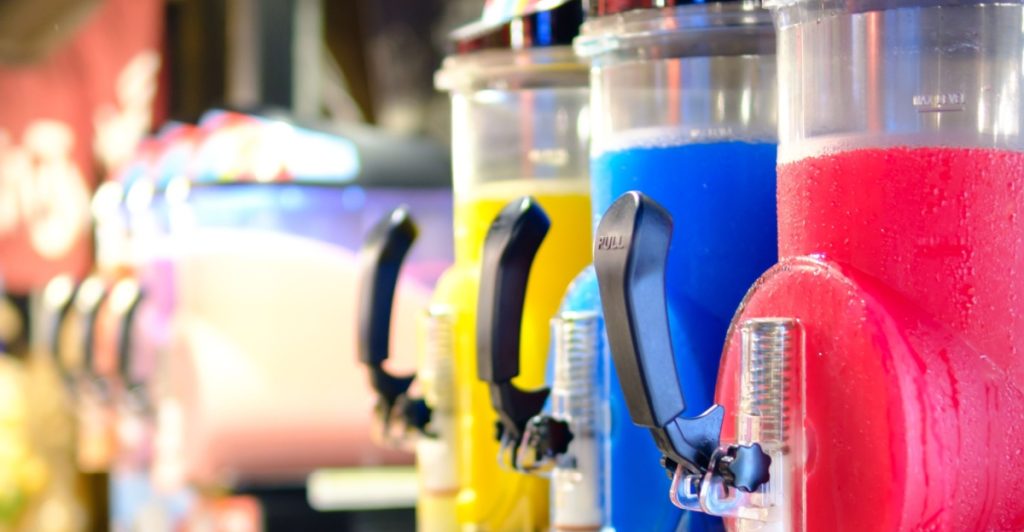
The FSA recommends that children under seven avoid slushies with glycerol completely, while those aged seven to ten should have no more than one 350ml serving per day.
Parents are advised to read labels carefully and be extra cautious when buying icy drinks during warm weather outings.
Working With Industry to Protect Children

To help safeguard young consumers, the FSA is collaborating with beverage manufacturers and retailers to ensure clear warnings are displayed wherever these drinks are sold.
Until then, the responsibility largely falls to parents and carers to be vigilant—especially when temperatures rise and slushie cravings follow.

